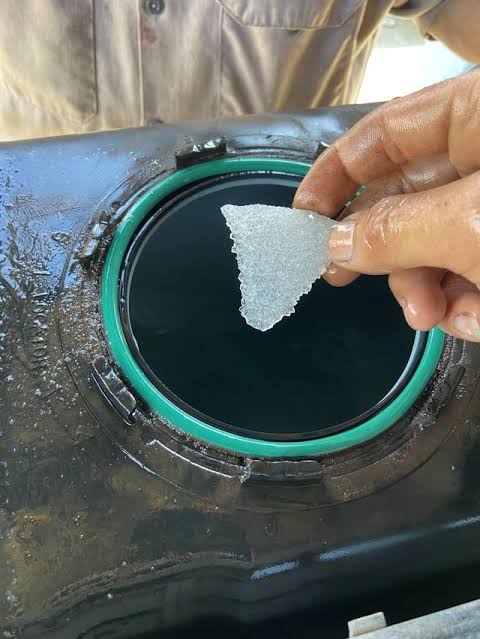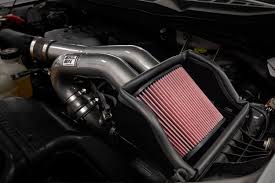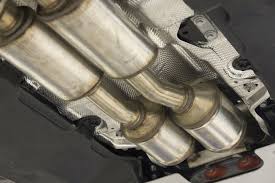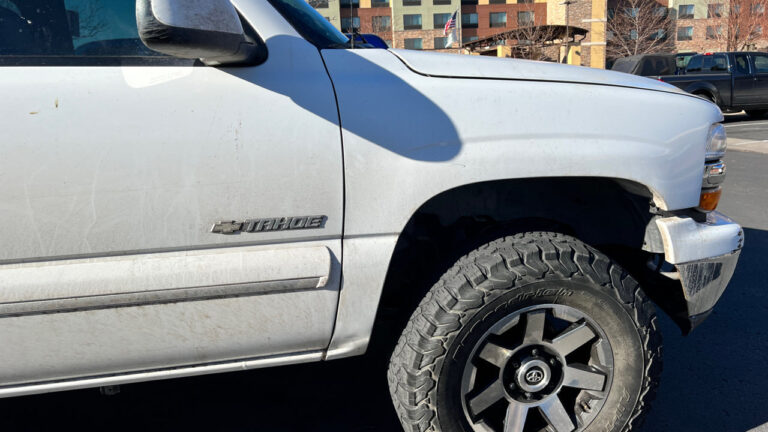Does Your Car Leak When the Heat Is On?

Noticing a leak in your car can be alarming, especially if it happens when the heat is on. This situation raises questions about your vehicle’s performance and potential repairs. But why does this happen? In this blog post, we’ll explore the reasons your car might leak when the heat is on, how to identify the source, and what steps to take to address the issue.
Why Does a Car Leak When the Heat Is On?
The Role of the Heating System
Your car’s heating system relies on the engine’s cooling system to function. When you turn on the heat, hot coolant from the engine circulates through the heater core, which then provides warm air to the cabin. Any issues in this process can result in leaks.
Common Causes of Leaks When the Heat Is On
1. Heater Core Issues
The heater core is a small radiator located inside the dashboard. If it’s damaged or corroded, it may leak coolant, especially when the heat is turned on.
- Signs of a Faulty Heater Core:
- Sweet smell inside the car.
- Fogged-up windows.
- Coolant pooling on the passenger-side floor.
2. Leaky Hoses
The hoses that carry coolant to and from the heater core can become loose, cracked, or damaged over time, leading to leaks.
- Signs of Hose Leaks:
- Coolant dripping under the car.
- Low coolant levels in the reservoir.
3. Condensation from the Air Conditioning System
Some vehicles use the air conditioning system in conjunction with the heater to manage humidity. This can cause condensation to form, which may drain out beneath the car and appear as a leak.
- Signs of Condensation:
- Clear, odorless liquid.
- No decrease in coolant levels.
4. Radiator or Cooling System Problems
A malfunctioning radiator or damaged coolant system can cause leaks that are more noticeable when the car is running and the heat is on.
How to Identify the Source of the Leak
Step 1: Observe the Leak
- Color: Coolant is typically green, orange, or pink, while water from condensation is clear.
- Odor: Coolant has a sweet smell, while water is odorless.
Step 2: Check Coolant Levels
Inspect the coolant reservoir under the hood. If the levels are low, the leak may involve the heater core or hoses.
Step 3: Inspect the Passenger-Side Floor
If the floor is wet, it could indicate a heater core leak.
Step 4: Look Under the Car
If the liquid is dripping from beneath the vehicle, identify its location:
- Near the front: Could be related to the cooling system.
- Near the center: May involve condensation from the air conditioning system.
What to Do If Your Car Leaks When the Heat Is On
1. Check Coolant Levels Regularly
Low coolant can lead to engine overheating. Refill as needed and monitor levels until the issue is resolved.
2. Inspect and Replace Damaged Components
- Replace leaky hoses or a faulty heater core to stop coolant leaks.
- Check for cracks in the radiator or other cooling system parts.
3. Clean Up Immediately
If coolant leaks inside the cabin, clean it up quickly to prevent damage to carpets and upholstery.
4. Consult a Professional Mechanic
If the source of the leak isn’t obvious, or if you suspect a complex issue like a heater core failure, seek professional help.
Preventing Leaks in the Future
1. Regular Maintenance
Schedule regular inspections of your car’s heating and cooling systems to catch potential problems early.
2. Flush the Cooling System
Periodically flushing the system removes debris and helps prevent clogs or corrosion.
3. Monitor Coolant Levels and Quality
Check coolant levels and ensure the liquid is clean and free from contaminants.
4. Address Minor Issues Promptly
Fix small leaks or worn components before they escalate into bigger problems.
Frequently Asked Questions
1. Is it normal for water to leak under my car when the heat is on?
Yes, if it’s clear water from air conditioning condensation. However, if it’s coolant, there may be an issue.
2. Can I drive with a coolant leak?
Driving with a coolant leak is risky and can lead to engine overheating. Address the issue immediately.
3. How much does it cost to repair a heater core?
Heater core replacement can range from $500 to $1,000, depending on the vehicle and labor costs.
4. Can a coolant leak damage my car?
Yes, prolonged coolant leaks can lead to overheating, engine damage, or issues with the heating system.
Conclusion
If your car leaks when the heat is on, it’s essential to identify the cause and address it promptly. While condensation may be harmless, coolant leaks indicate a more serious issue, such as a damaged heater core or leaky hoses. Regular maintenance and quick repairs can prevent costly damage and keep your car running smoothly.
Stay vigilant about your car’s heating and cooling systems, and don’t hesitate to seek professional assistance if needed.
Also Check:
• Does the Rack and Pinion Leak?





